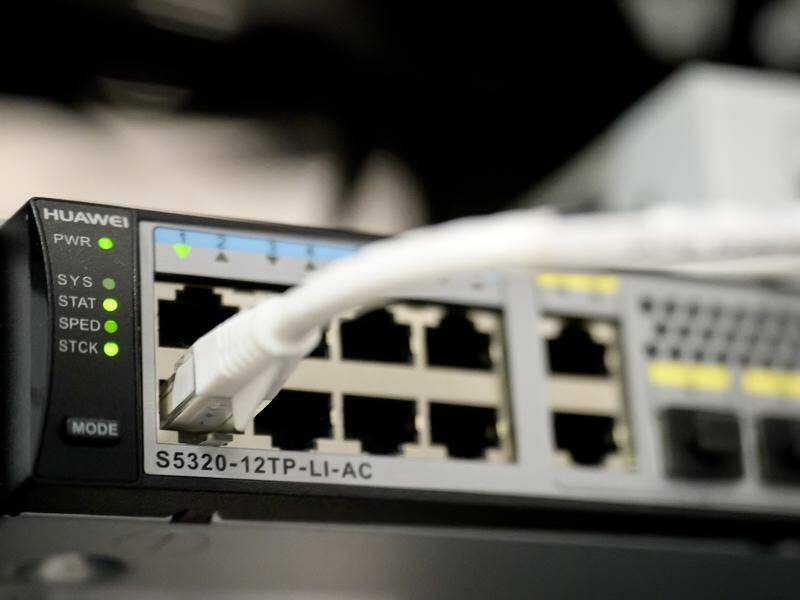
A groundbreaking study has successfully quantified the viscosity of living cell membranes, a significant advancement in cell biology. Researchers from Tohoku University, the National Institute of Genetics, and Hokkaido University employed a novel method to measure membrane viscosity directly, overcoming limitations of previous models that relied on artificial lipid systems.
Traditionally, studies of cell membrane viscosity focused on model membranes, which lack the complexity of living cells. This new approach, detailed in the Biophysical Journal on September 5, 2025, revealed that the viscosity of living cell membranes is four orders of magnitude higher than that of model membranes.
New Insights into Membrane Properties
According to Yuka Sakuma, an associate professor at the Graduate School of Science, the team applied force to induce flow across the entire cell at the micrometer scale. This allowed them to observe flow patterns and demonstrate that the increased viscosity is influenced by the cell’s unique structures, including the cytoskeleton and membrane proteins.
Sakuma noted, “This increased viscosity arises from complex structures unique to living cells, which hinder membrane flow.” This revelation challenges previous assumptions about membrane behavior, suggesting that living cells exhibit a long-range viscosity in addition to the short-range viscosity derived from molecular thermal motion.
The researchers propose that this discovery could enhance the understanding of cellular functions and the mechanisms underlying various diseases. “This discovery represents a significant advance in our understanding of the physical properties of living cells,” Sakuma added.
Future Research Directions
The research team’s next objective is to compare the membrane viscosity of fertilized and unfertilized eggs. This comparison could provide further insights into cellular behavior during critical developmental stages.
The findings, authored by Sakuma along with colleagues Kazunori Yamamoto, Saya Ichihara, Toshihiro Kawakatsu, Kenya Haga, Masayuki Imai, and Akatsuki Kimura, mark a significant milestone in cellular biology research. The study opens new avenues for exploring how membrane viscosity affects cellular processes and diseases.
This pioneering research not only enhances the scientific understanding of cell membranes but may also lead to innovations in medical and biotechnological applications. As scientists continue to explore the complexities of living cells, the implications of this work are set to resonate across various fields of study.







